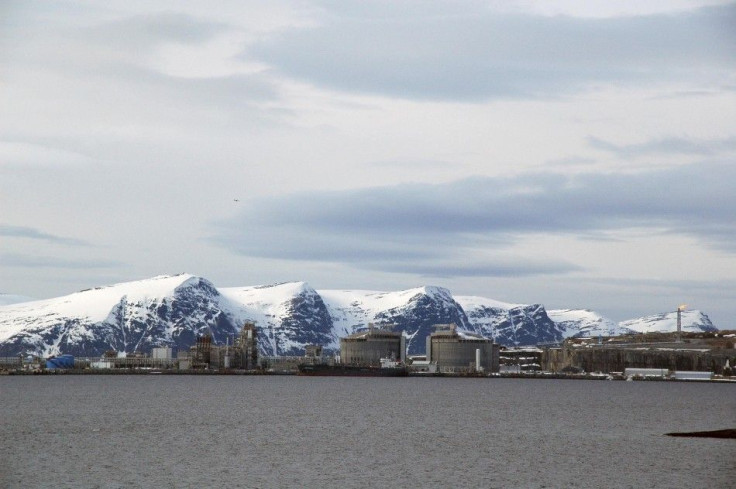ExxonMobil Papua New Guinea LNG Project Kicks Off, Sends First Ever Shipment to Japan

Papua New Guinea has reached a milestone on Monday as it sent its first ever liquefied natural gas (LNG) to Japan.
The cargo came from the $US19 billion project operated by ExxonMobil Corp. The company's LNG project is the first of several in Australia and PNG. Other plants are expected start operational in the next three years, possibly shifting the global LNG trade's epicentre to the South Pacific away from the Middle East.
The first shipment is expected to arrive in early June, according to JX Nippon Oil & Gas Exploration Corp. It has been pegged for use of the thermal power plants operated by Tokyo Electric Power Co.
The $US19 billion project has an estimated 30-year life and is expected to produce more than 9 trillion cu. feet (255 billion cubic metres) of gas. It is envisioned to provide long-term energy for Tepco as well as Osaka Gas Co., China Petroleum and Chemical Corp. and CPC Corp. Taiwan, Japan's Kyodo News said.
Decie Autin, Exxon's project executive in Papua New Guinea, told Bloomberg is also talking to other customers in Asia to sell PNG's LNG.
"There are a few other customers we're talking to, and Asia is clearly the focus," Autin said. "We'll sell on the spot market until we're comfortable we've got reliable, sustainable sales. We're not seeing any issues with placing our cargoes."
The project's next LNG shipment has been slated for delivery to CPC Corp. of Taiwan.
Peter Graham, ExxonMobil managing director, said revenue from the PNG LNG Project will support Papua New Guinea's continued economic and social development.
ExxonMobil holds the largest stake in the project at 33.2 per cent. Its partners include Oil Search (29 per cent), the PNG government (16.6 per cent), Australian energy firm Santos (13.5 per cent), Japan's Nippon Oil (4.7 per cent) and local landowners (2.8 per cent).
In the week to May 19, based on the assessments of cargoes for delivery in four to eight weeks published May 21 by the World Gas Intelligence, spot LNG prices in northeast Asia fell to $13.50 a million British thermal units, their lowest since October 2012.
They reached $19.70 in February.





















